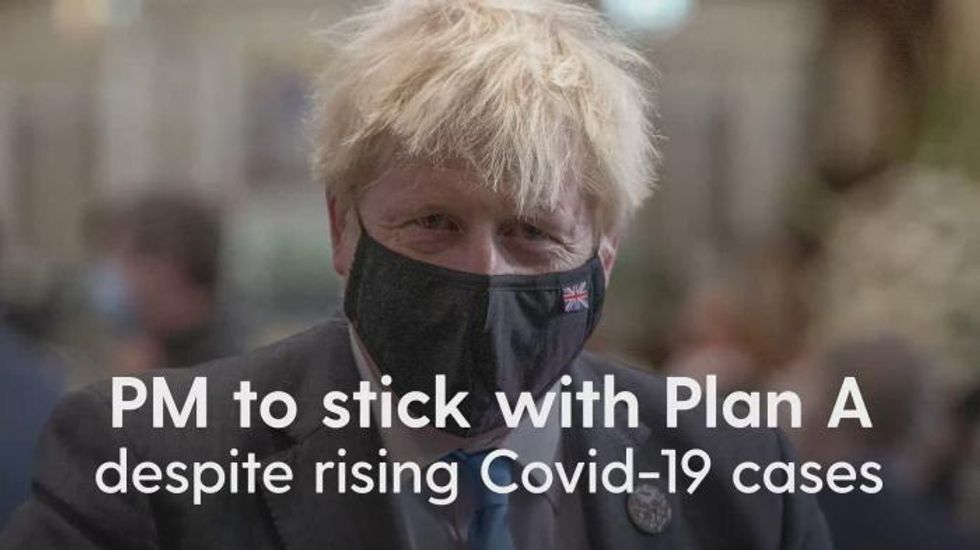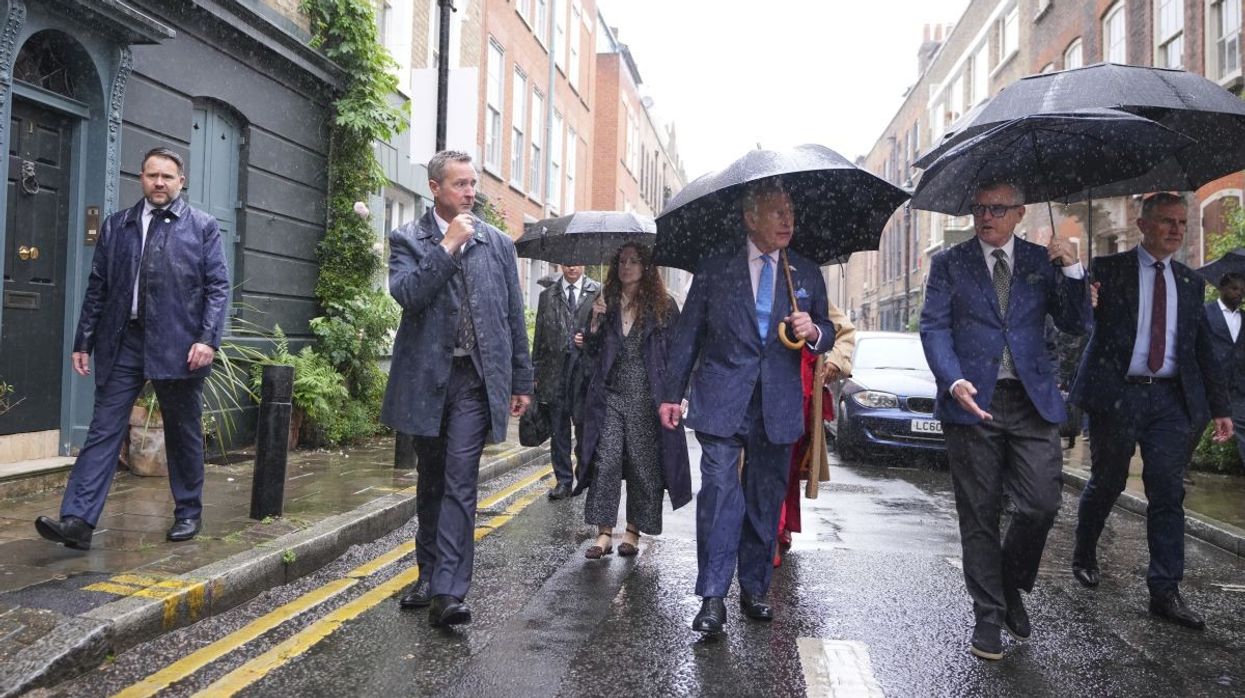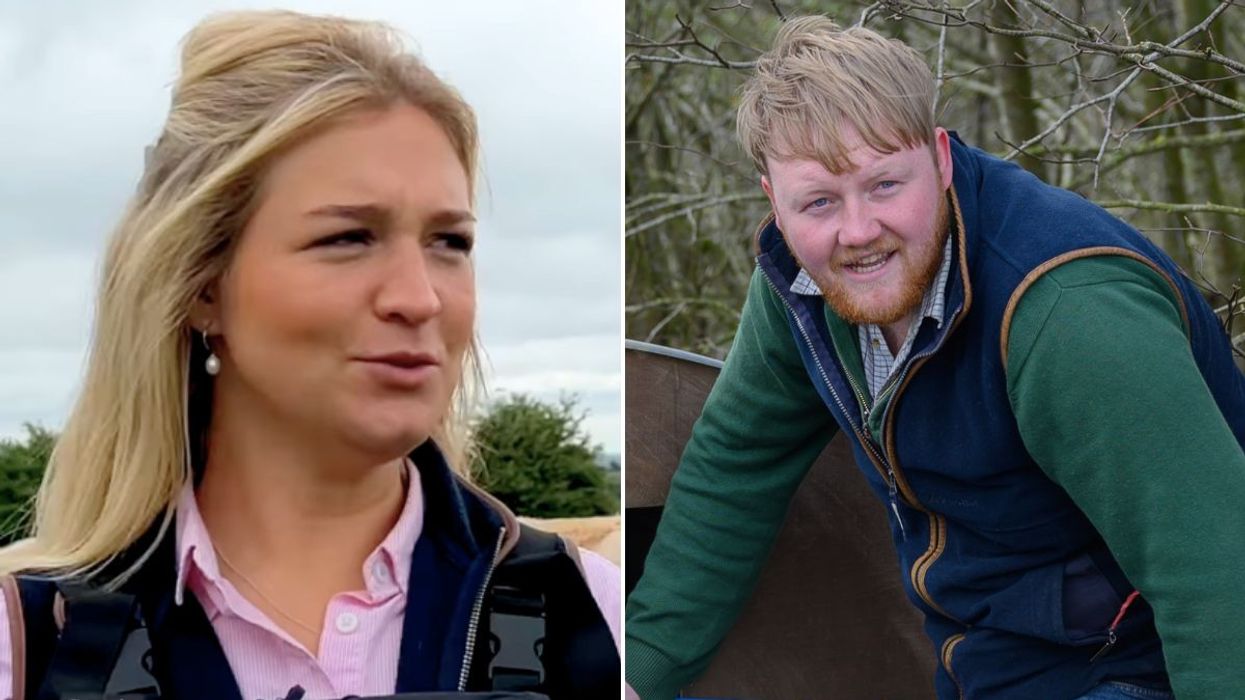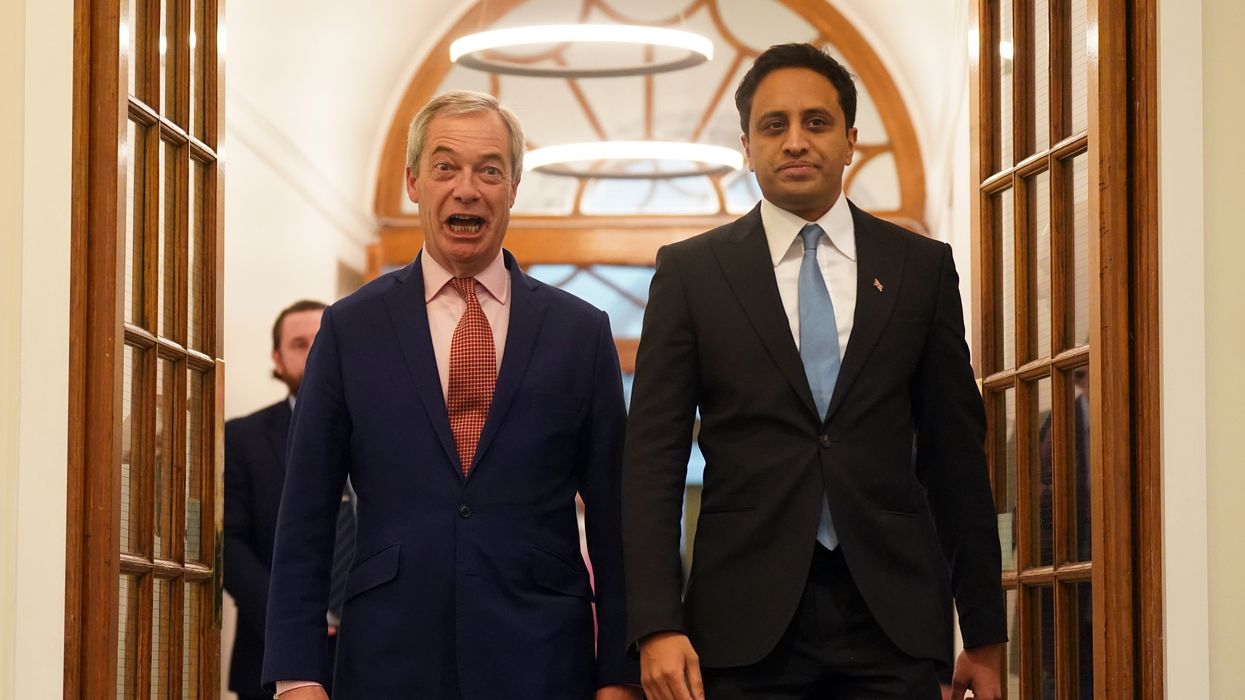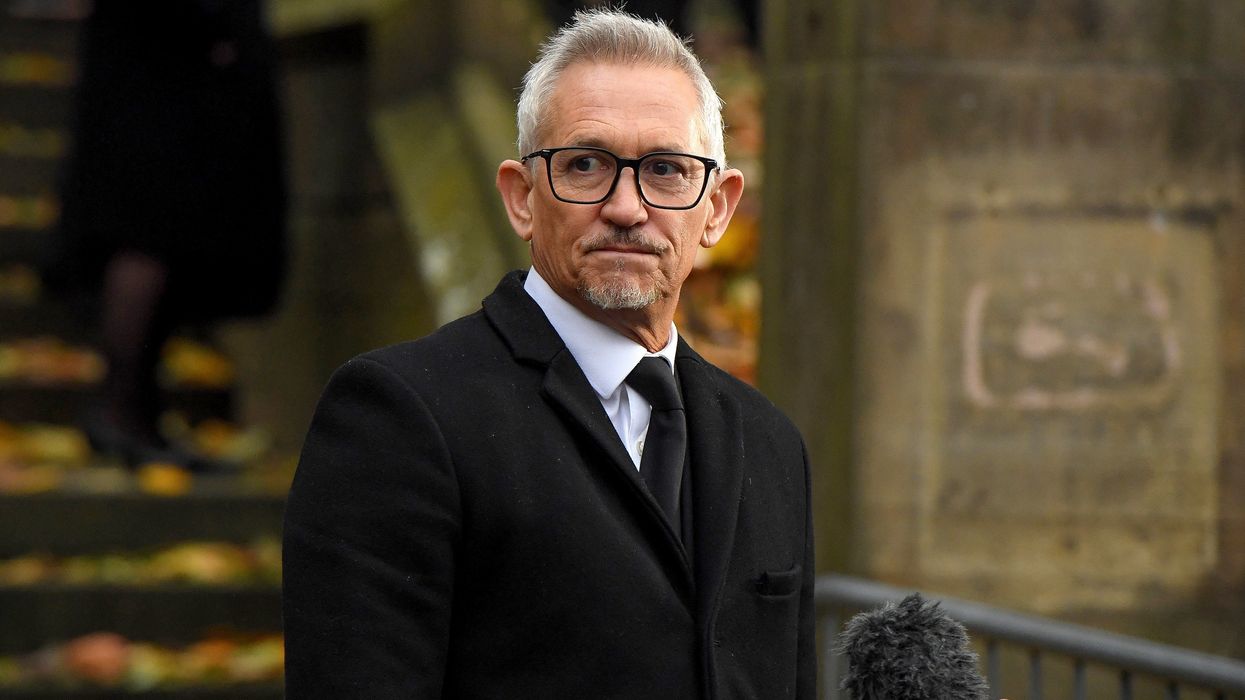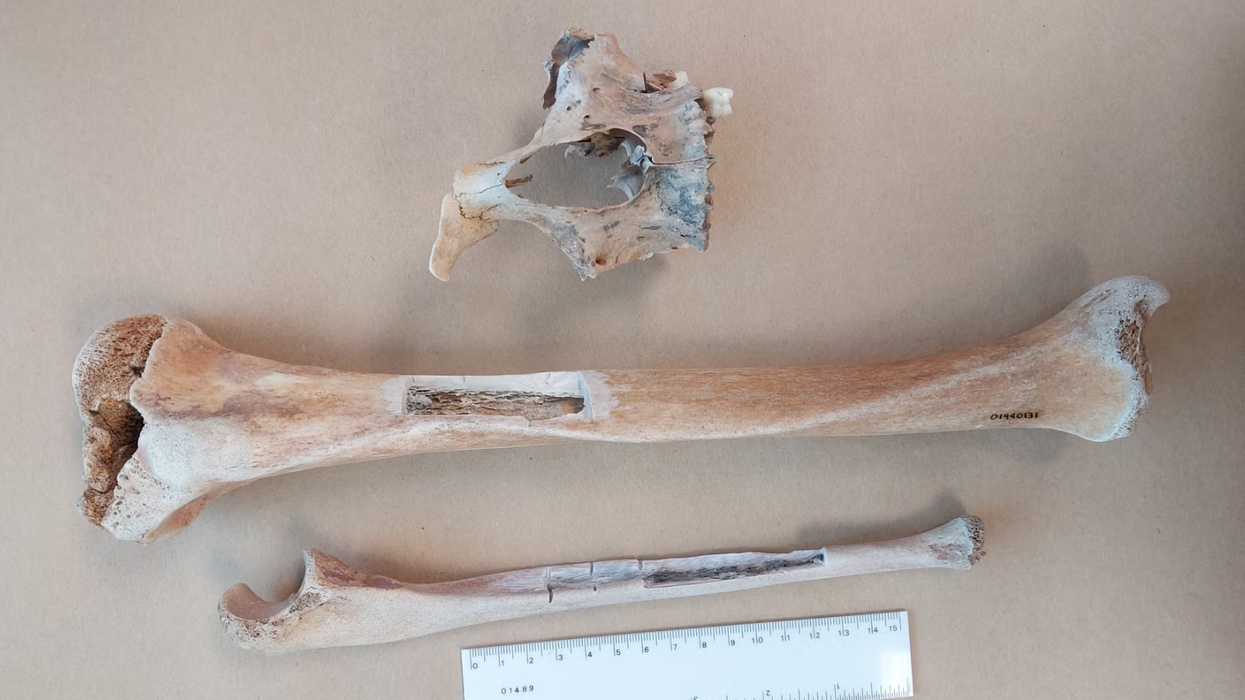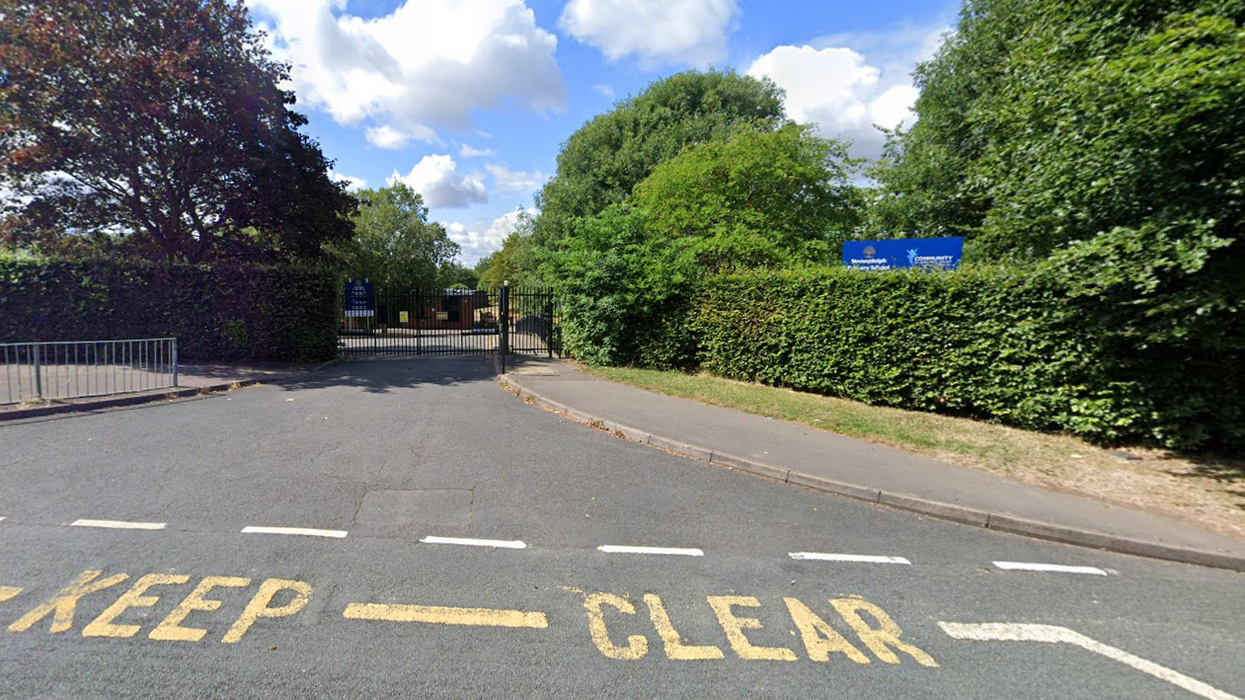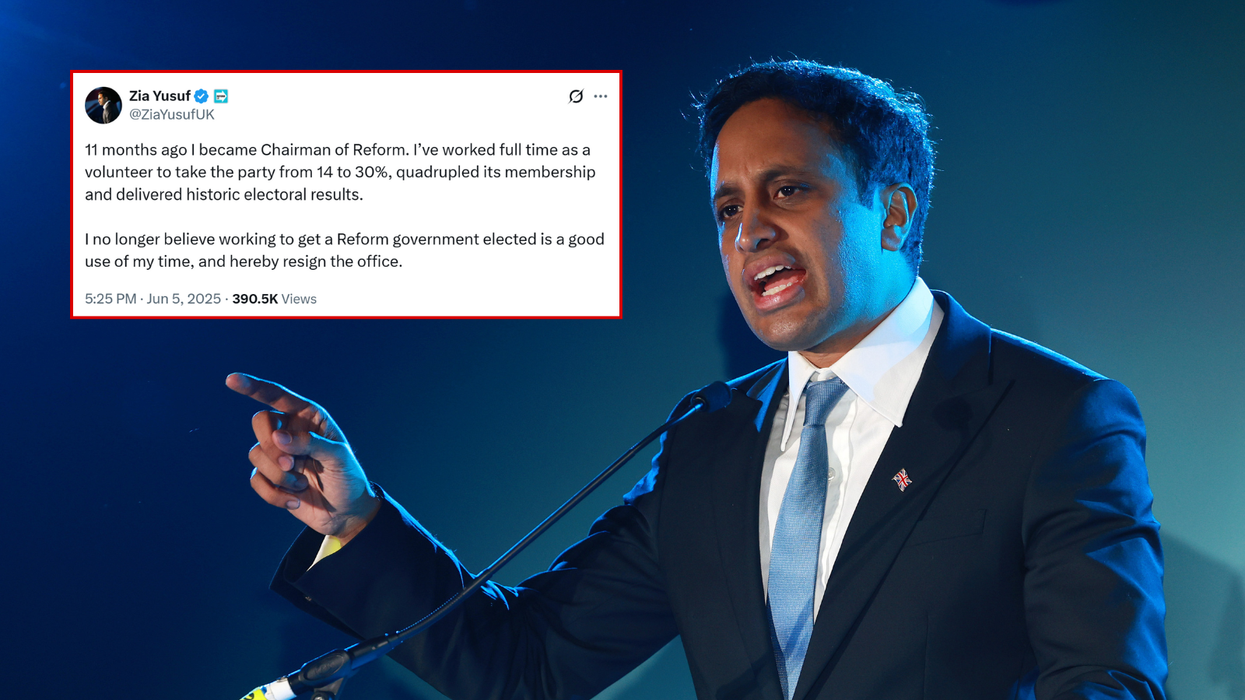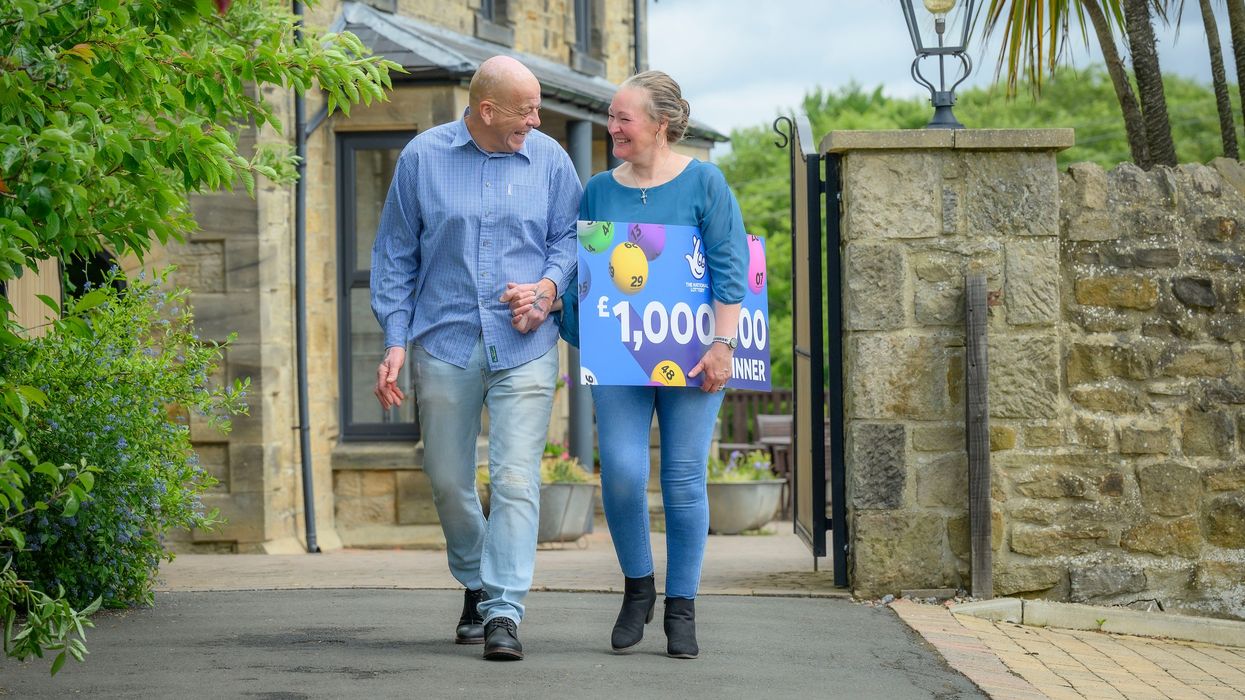Scientific advisors say that if measures from the Government’s 'Plan B' are needed, then they should be brought in 'rapidly' and together for the biggest effect.
Don't Miss
Most Read
Latest
The Government should ensure “Plan B” restrictions can be “rapidly” brought in if needed, Government scientific advisers have said, as data shows rising infections across England.
The Scientific Advisory Group for Emergencies (Sage) said a further big peak in infections as seen in January was “increasingly unlikely”, as experts predict a series of broader, flatter peaks as the virus continues to spread.
However, in its meeting dated October 14, Sage warned that if measures from the Government’s “Plan B” are needed, then they should be brought in together for the biggest effect.
It is thought scientists are in favour of a relatively light touch approach, implemented early, to make a difference, rather than needing harder restrictions at a later date.
Prime Minister Boris Johnson speaks to the media during a visit to the Covid-19 vaccine centre at the Little Venice Sports Centre in west London.
Matt Dunham
Sage said the “reintroduction of working from home guidance is likely to have the greatest individual impact on transmission out of the proposed measures” in Plan B, which includes the mandatory use of face masks.
Sage also advised that “policy work on the potential reintroduction of measures should be undertaken now so that it can be ready for rapid deployment”.
It comes as data from the Office for National Statistics (ONS) shows about one in 55 people in private households in England had Covid-19 in the week to October 16, up from one in 60 the previous week.
In Wales, infection levels remain unchanged, but have dropped in Scotland and Northern Ireland.
In a review of all the evidence, the Scientific Pandemic Influenza Group on Modelling, Operational sub-group (SPI-M-O) told Sage this month: “It will take both a rapid increase in transmission rates and repeated waning of protection from vaccination to lead to hospital admission levels in the order of magnitude of those seen in January 2021.
“Unless both these eventualities occur, or a new variant of concern emerges, it is highly unlikely that such levels of hospital admissions will be reached in the coming autumn and winter.”
SPI-M-O said that if protection from vaccination does not wane much further than already seen, “hospital admission rates are unlikely to get significantly higher than those currently seen”.
It added: “If booster vaccinations are effective, have a high uptake, and do not wane over the timescales considered here, then hospital admission rates are also unlikely to get much higher than currently seen.”
Prime Minister Boris Johnson shakes a dose of the pfizer vaccine as it is diluted before being administered, during a visit to the Covid-19 vaccine centre at the Little Venice Sports Centre in west London. Picture date: Friday October 22, 2021.
Matt Dunham
In its evidence to Sage, SPI-M-O said the “timing of the next peak is uncertain”, adding: “This could vary from ‘it has already happened’ to ‘late into 2022’.”
SPI-M-O also said it was “possible” that “action beyond Plan B may be required to control growth”, adding that “Sage have been asked to consider the potential effect of returning to the steps outlined in February 2021’s Roadmap”.
One paper from Imperial College London, presented to Sage, warned that a pessimistic scenario could see almost 10,000 deaths over the winter, while any delay in the Covid-19 booster programme could result in “a much larger epidemic”.
Modellers said in a pessimistic assumption “we project a substantial wave of total infections, hospitalisations and deaths, totalling 9,900 deaths by March 13 2022”.
But under the “most optimistic scenario”, it said current levels of protection in the population combined with the boosters should keep the spread of the virus “at levels similar to or lower than currently observed”.
In its advice to ministers, Sage said there was uncertainty in all the modelling and warned that the threat of variants has not yet gone away.
“Future waves featuring an evolution of Delta or the emergence of a new variant from a different lineage are both possible,” it said.
Earlier, Professor Anthony Harnden, deputy chairman of the Joint Committee on Vaccination and Immunisation (JCVI), said they would look at cutting the timeframe between second doses and boosters from six months to five, after Prime Minister Boris Johnson expressed interest in having a review.
There has been huge criticism of the booster vaccine rollout, with some patients and charities saying people have found it impossible to book a jab.
Prof Harnden said six months had been shown to be the “sweet spot” for having a booster, adding the main issues in the programme were accessibility to the vaccine and persuading people to have one.
Elsewhere, Paul Hunter, professor in medicine at the University of East Anglia, told the PA news agency the UK cannot reach herd immunity for coronavirus and it should be allowed to spread through the population to eventually become like a common cold.
Because protection against the infection is short-lived and wanes, the herd immunity threshold cannot be met, he suggested.
He added: “As the (Covid) infection is becoming endemic, pretty much everyone, whether vaccinated or not, will be getting repeated infections from now on, so any social distancing measures will not prevent infection, only delay it.
“If someone is going to be vaccinated, then delaying infection till after vaccination has value, but if they are not going to be vaccinated then it does not.”
He said the value of social distancing to people not offered a jab or who will decline one “is pretty much zero”.
He added: “Professor Chris Whitty (chief medical officer for England) estimated that about 50% of schoolchildren have already had their first infection and I think he is correct.”
Prof Hunter said one caveat was that if health services become overwhelmed “then that is a threat to us all and that is a reason for further restrictions”.
However, he said, “most epidemiologists doubt we will see anything like last winter”.
Prof Hunter said he agreed with the president of the Royal College of Paediatrics and Child Health that routine testing in schools should be stopped.
“Like her I do believe what we are doing to children now is not necessary and damaging their education,” he said.
“Personally, I would argue that the role of vaccine was to reduce severity of disease during first exposure, but once we have vaccinated the most at-risk then we should let the virus spread because that is how severe disease will be reduced in the long-term, and how the pandemic will ultimately become just another cause of the common cold, as was the case the last time in (the pandemic of) 1890.”
Prof Hunter said he agreed that there were probably about 110,000 new infections per day in the country at the moment, once asymptomatic cases are taken into account.

